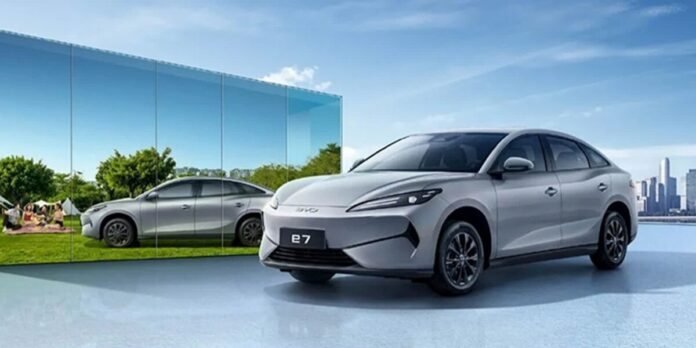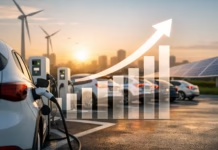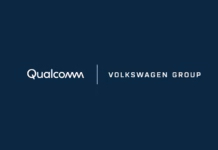China’s Electric Vehicle Surge Reshapes the Global Auto Industry
The global electric vehicle (EV) market is undergoing a dramatic shift. China has taken a commanding lead, reshaping the competitive landscape. According to the International Council on Clean Transportation (ICCT), Chinese automakers now sell more than half of the world’s electric vehicles. This dominance is powered by rapid domestic adoption, advanced EV technology, and expanding global market share. As companies like BYD and SAIC continue to innovate, the rest of the world’s automakers are under pressure to accelerate their electrification strategies or risk falling behind.
BYD Surpasses Tesla as China Leads in Zero-Emission Vehicle Adoption
One of the report’s standout findings is BYD overtaking Tesla in global battery electric vehicle (BEV) sales for the first time in 2024. This milestone reflects a broader trend: China-based automakers hold five of the top six positions in EV sales share. Companies like Geely and SAIC are not only meeting 2025 targets ahead of schedule but also showing improved EV performance across charging speeds, energy efficiency, and driving range. Their sustained investment in electrification is paying off. Meanwhile, traditional players in the U.S. and EU face both regulatory uncertainty and a need to innovate quickly.
Among the report’s key findings, BYD exceeded Tesla in global battery electric vehicle (BEV) sales for the first time in 2024, with a 25% increase in BEV sales and 47% increase in combined BEV and plug-in hybrid electric vehicle (PHEV) sales compared to 2023. Both companies remain in the “Leaders” category of the rating.
Global Automakers Are at a Crossroads in the EV Transition
While Chinese brands surge ahead, other global automakers are at different stages of the EV transition. Tata Motors became the first major Indian automaker to move out of the “laggard” category by launching new electric models and boosting battery recycling. In contrast, Japanese and South Korean automakers continue to trail, though Honda and Nissan show signs of progress. The ICCT report also introduces a “green steel” metric, recognizing efforts to cut emissions from vehicle manufacturing. European automakers like BMW and Mercedes-Benz score well here, signaling their commitment to sustainable production.
The Future of EVs Depends on Urgent Global Action
The latest ICCT Global Automaker Rating makes it clear: the EV market is evolving fast, and China is setting the pace. Investors are beginning to favor automakers that are not just complying with regulations but are also innovating for long-term leadership. The global auto industry must now act decisively. Remaining competitive in a fast-charging EV market means investing in clean technologies, expanding high-performance electric lineups, and embracing sustainable manufacturing practices. The window for catching up is closing quickly—and the road ahead favors those already in motion.







